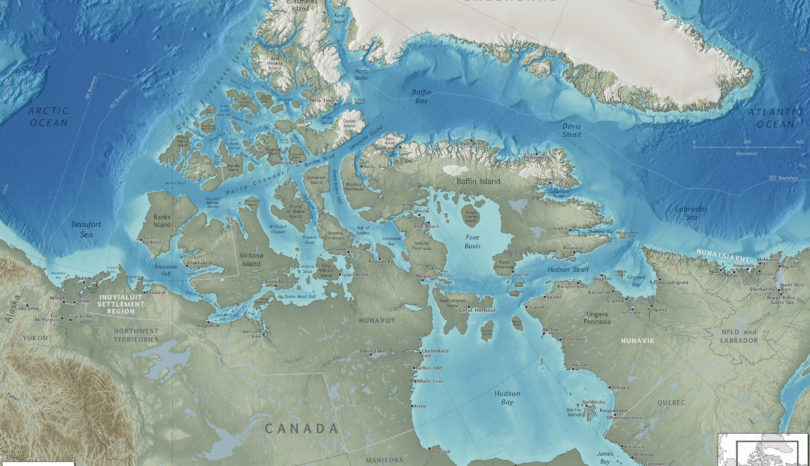The Canadian coastline—the longest in the world—is critical to the environment and plays a key role in the economy. Canada’s Oceans Protection Plan aims to create a world-leading level of marine safety that provides economic opportunities for Canadians today, while protecting these waterways for future generations.
The federal Minister of Transport, Omar Alghabra, has released the 4th Report to Canadians—a summary of the work accomplished to date through Canada’s Oceans Protection Plan. The report provides results across more than 50 initiatives and hundreds of projects from coast-to-coast-to-coast.
“Canadians have always had a strong connection with our coasts and waterways, which are an important source of food, enjoyment, and jobs. Marine shipping is a cornerstone of Canada’s economy and will play an important role in Canada’s economic recovery from the COVID-19 pandemic,” said Alghabra.
“Canada’s Oceans Protection Plan is improving our marine safety so Canadians can be confident marine shipping happens without increased harm to the environment. This work is building a more resilient Canadian marine ecosystem that is safeguarding our environment, while maintaining a healthier, cleaner, more competitive, economy for this generation and the ones to follow.”
Since the launch of the Oceans Protection Plan in 2016, over 1,200 engagement sessions have been held with Indigenous communities across Canada to create, co-develop, or inform marine safety and/or environmental initiatives. This is an important step towards the co-management of our coasts with Indigenous and coastal communities.
The five-year, $1.5 billion Oceans Protection Plan is the largest investment ever made to protect Canada’s coasts and waterways. The Plan’s initiatives have made marine shipping safer, provided more protections for marine species, and improved Canada’s ability to prevent and respond to marine incidents.
Highlights from the report include:
- Strengthening marine safety by creating the Marine Training Program on all three coasts. The introduction of this program has helped hundreds of underrepresented groups, including Indigenous Peoples, Northerners, and women begin careers in the marine industry.
- Preventing and responding faster to marine incidents by making the Canadian Coast Guard’s Regional Operations Centres operational 24/7 and installing new marine weather forecasting and radar coverage.
- Preserving and restoring 64 marine ecosystems on our three coasts through the Coastal Restoration Fund.
- Co-developing the Enhanced Maritime Situational Awareness system with Indigenous communities, which provides near real-time marine traffic and environmental data to help enhance local marine safety, environmental monitoring and protection, and manage waterway activity across Canada.
- Funding over 300 projects to remove and dispose of abandoned or wrecked boats to reduce hazards to navigation in waters across the country.
- Through the Multi-Partner Research Initiative, funded over 30 projects to improve oil spill response protocols and decisions that minimize the environmental impacts of oil spills.
Progress to date through the Oceans Protection Plan is the result of increased partnership with Indigenous and coastal communities, stakeholders, and researchers.
“We know Canadians from coast-to-coast-to-coast care about our oceans and rely on them for everyday life. A healthy ocean sustains a healthy world. Since 2016, we have seen remarkable work and progress put into protecting our oceans through the Oceans Protection Plan, the single largest investment ever made towards ocean protection,” said Bernadette Jordan, federal Minister of Fisheries, Oceans and the Canadian Coast Guard.
“This report reminds Canadians of what is possible when working in collaboration with Indigenous Peoples, coastal communities, industry, and all levels of government to create healthier coasts and oceans. Through the Plan, the development of a Blue Economy Strategy, and continuing on our road to protect 25% of the oceans by 2025, Canadians can be proud to be from an ocean nation that prioritizes protection for future generations.”












